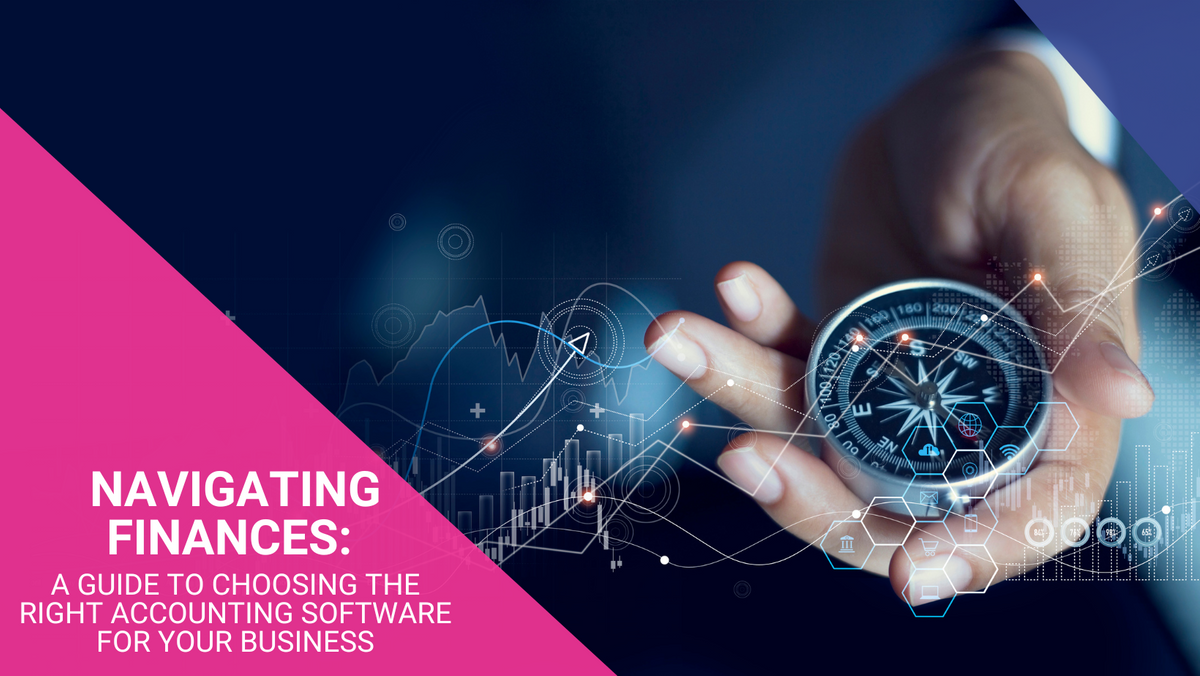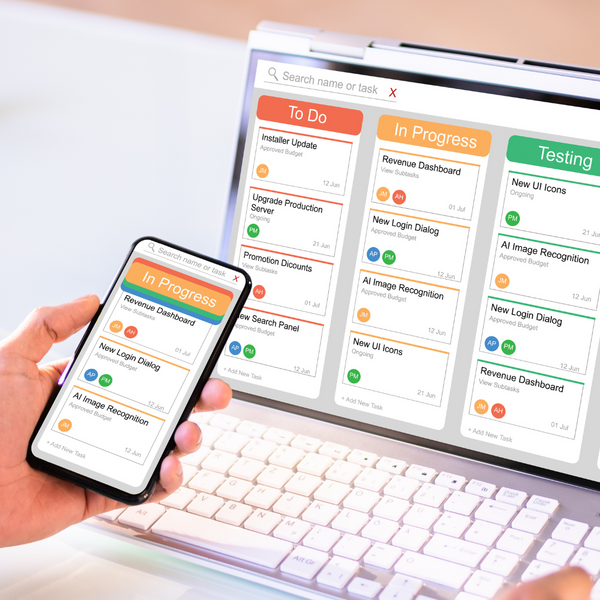In the dynamic landscape of small and medium-sized businesses (SMBs), effective financial management is crucial for sustainable growth. However, without dedicated accounting departments, many SMBs rely on accounting software to streamline their bookkeeping processes. Choosing the right accounting software can significantly impact your business’s efficiency, accuracy, and overall financial health. In this guide, we'll explore popular accounting software options tailored for SMBs, comparing key features, pricing, ease of use, and scalability. Additionally, we'll provide invaluable tips to help you select the best software for your specific needs and seamlessly integrate it into your bookkeeping processes.

Navigating Finances: A Guide to Choosing the Right Accounting Software for Your Business

Understanding Your Needs:
Before diving into the sea of accounting software options, it's essential to assess your business's unique requirements. Consider factors such as the volume of transactions, industry-specific needs, budget constraints, integration capabilities with existing systems, and the level of support required. By understanding your needs upfront, you can narrow down your choices and make a more informed decision.
Popular Accounting Software Options:
a. QuickBooks:
QuickBooks is one of the most widely used accounting software for SMBs in North America, offering a range of features including invoicing, expense tracking, payroll management, and financial reporting.
It comes in various versions tailored for different business sizes and industries, such as QuickBooks Online, QuickBooks Desktop, and QuickBooks Self-Employed.
Pricing varies depending on the version and subscription plan chosen, with options for monthly or annual billing.
QuickBooks is known for its user-friendly interface and extensive third-party integrations, making it a versatile choice for businesses of all types.
b. Xero:
Xero is another popular cloud-based accounting software known for its simplicity and accessibility.
It offers features such as invoicing, bank reconciliation, expense tracking, inventory management, and project accounting.
Pricing is subscription-based and varies based on the plan chosen, with options for small businesses, growing businesses, and established enterprises.
Xero is praised for its robust mobile app, real-time collaboration capabilities, and seamless bank feeds integration, making it ideal for SMBs with remote teams or on-the-go entrepreneurs.

c. FreshBooks:
FreshBooks is a user-friendly accounting software designed specifically for service-based businesses, freelancers, and solopreneurs.
It offers features such as time tracking, project management, invoicing, expense tracking, and client management.
Pricing is subscription-based, with options for different tiers based on the number of clients and additional features required.
FreshBooks stands out for its intuitive interface, customizable invoicing templates, and excellent customer support, making it an excellent choice for SMBs with service-oriented operations.
Factors to Consider:
Ease of Use: Choose software with an intuitive interface and user-friendly navigation to minimize the learning curve for you and your team.
Scalability: Select software that can grow with your business and accommodate increasing transaction volumes and complexity over time.
Integration Capabilities: Look for software that seamlessly integrates with other essential tools and systems your business uses, such as CRM software, e-commerce platforms, or payment gateways.

Reporting and Analytics: Prioritize software that offers robust reporting and analytics features to gain valuable insights into your business's financial performance and make informed decisions.
Security and Compliance: Ensure the software adheres to industry standards for data security and compliance, especially if handling sensitive financial information.
Efficient Implementation:
Plan Ahead: Develop a comprehensive implementation plan outlining timelines, key milestones, and responsible stakeholders to ensure a smooth transition.
Training and Support: Invest in training sessions or online tutorials to familiarize yourself and your team with the software's features and functionalities.
Data Migration: If transitioning from existing accounting software or manual processes, carefully migrate your data to the new system to avoid discrepancies or data loss.
Regular Maintenance: Schedule regular updates, backups, and maintenance checks to keep your accounting software running smoothly and securely.
Choosing the right accounting software is a critical decision that can significantly impact your business's financial management processes and overall success. By understanding your needs, exploring popular software options, considering key factors, and efficiently implementing the chosen solution, you can streamline your bookkeeping processes, gain valuable insights, and drive sustainable growth for your SMB. Whether you opt for QuickBooks, Xero, FreshBooks, or another solution, prioritize usability, scalability, and integration capabilities to make the most out of your investment in accounting software.
